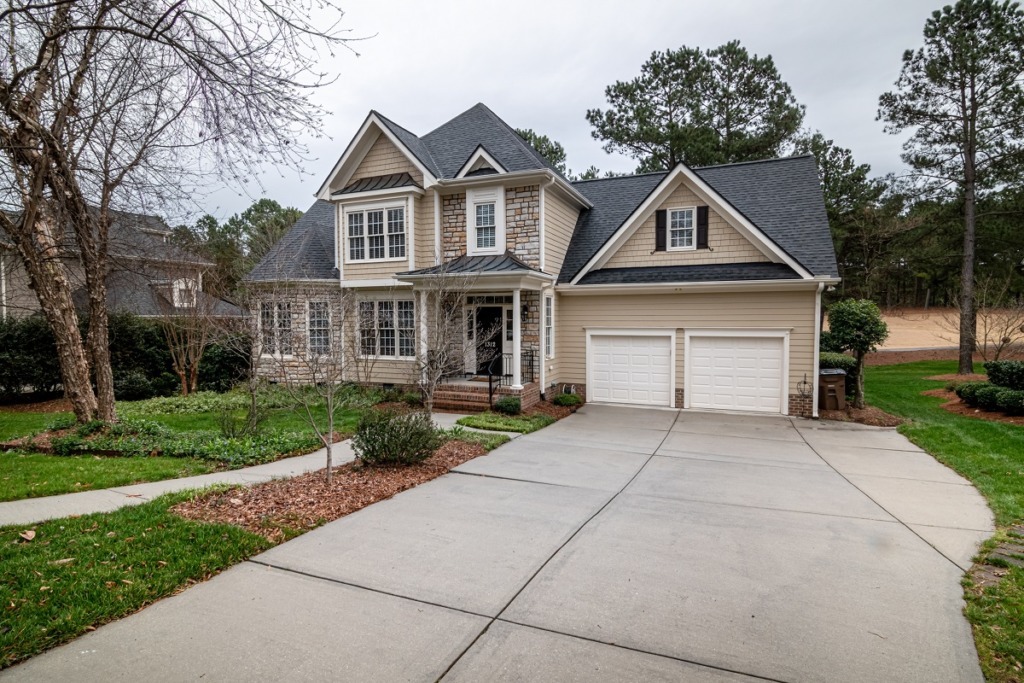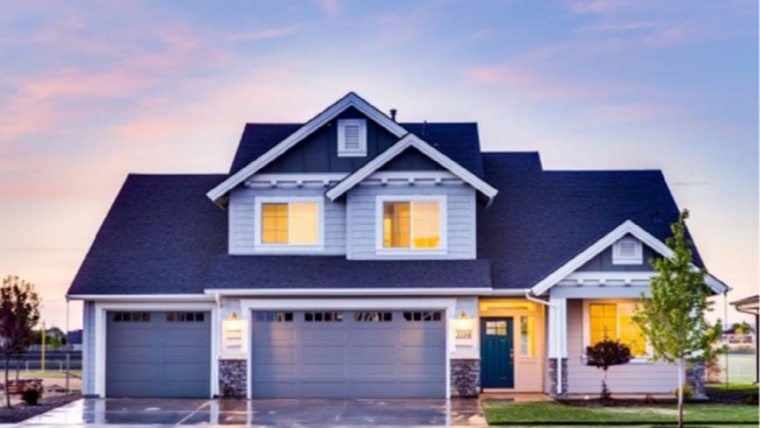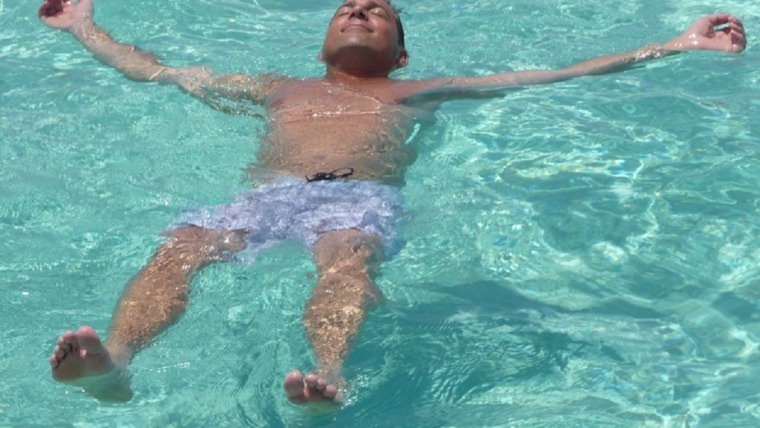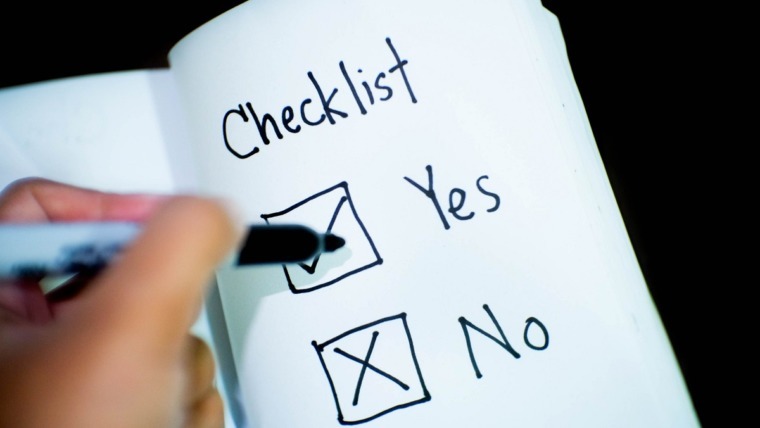
Written by Eriks Draiska, Managing Director of Plaza Real Estate.
Being able to save money is vital, whether you intend on paying cash or using a mortgage when you buy. Proof that you pay your financial obligations on time and save money can lead to better loan rates and terms.
The ability to pay your bills on time and still have money left over at the end of the month makes you financially solvent. This is even more important when considering the future purchase of a home.
Getting back on your feet after a financial disaster takes time. It involves patience, hard work and teaching yourself new habits. The sooner you start, though, the sooner you’ll have the keys to your new house.
Being a renter does have some advantages. No paying off the mortgage, no property taxes, and the landlord takes care of any maintenance and repair costs. However, renting your home does have one major drawback: You are spending money on rent without gaining any equity of the property. Many renters want to own their home, but struggle to find the cash needed to make a home deposit on a property. So how do you save?
In fact, various reports showed that anywhere from 1 in 3 to 1 in 5 of adult Australians don’t use a savings account and live from one payday to the next. While around a third of those that do have an account had zero funds. Below you will find some tips to help you start saving and put aside enough funds to put a deposit on a home.
A good idea is to open a separate bank or credit account just for your home savings. Ask at your local branch or talk to a finance broker. Then put in regular amounts. Financiers want to see at least 5-10% genuine savings over a period of time. They reckon if you save regularly, then you can pay off a loan as well.
Set a target
Knowing how much you can afford to spend on a property is crucial to help you identify how much you will need to save for a home deposit.
After working out how much you need to save, you should compile a detailed saving plan to reach your target. Having a target goal to reach will help you buckle down and start to put money away. You will find it hard to save if you try and set aside an unknown amount of cash for a home deposit.
Then write this all down.
Set up a budget
If you don’t have a budget, the time to create one is right now. Yes, it’s time consuming and sticking to it once it’s created is challenging. The creation aspect is easier if you use personal finance software, but a spreadsheet will work as well.
First, determine how much money comes into the household every month. Consider all sources of income from all family members. Then, get out all your bills and make a list, breaking them down into fixed and variable expenses. The former includes your car loan payment, mortgage payment (if you have a fixed rate mortgage) or rent payment. The latter group will include utility payments such as electricity gas and water, groceries and incidentals.
Plan on taking a month to keep track of every dollar spent, from your bill payments to petrol for the car to the latte you pick up on the way to work in the morning. At the end of the month, enter these totals into the budget under “expenses.”
By now you’ll have a picture of where your money goes every month, and an indication of where you may be wasting money. Of course you’ll want to cut out the waste first, directing those funds to the rest of the plan.
Pay off debts
Prioritize your debt and bill payments every month. Along with paying your monthly bills, ensure that secured debts are paid first – such as car or mortgage payments.
Pay at least the minimum monthly payment on credit card accounts and unsecured loan repayments, except for the one with the highest interest rate. Pay a little bit more on that one every month until it’s paid off and then start working on the one with the next highest balance. (some financial gurus suggest cutting up all of your credit cards except one and to keep that one at home, using it only for emergencies.) Admittedly that one is hard to do.
Paying your bills on time, which you will do with the assistance of your budget and paying off debts helps lower your credit score. Borrowers with higher credit score or above may qualify for better mortgage rates.
Work out your spending habits and be smarter from here on
After a few months of budgeting you’ll find areas in it in which you can cut back on spending. Some of these might include taking the bus to work instead of driving, bringing your own lunch and cracking your own walnuts instead of eating out and being a bit more frugal when you shop.
Be brutal in your budget cuts because each one will get you closer to being able to afford your new home.
Go through your credit card and bank statements for the last few months to find out where your money is spent. You can then focus on the areas of spending you can cut back on. Check especially for recurring subscriptions. Can you get rid of them or downgrade the package?
Cut down on your cable tv, mobile and internet bills
What’s the minimum service you can live with? Is it less than the fancier, upgraded package you have now? If you just can’t bring yourself to cut the cord, you can talk to your providers and attempt to lower the bill or shop around for a better deal.
Review your gym membership
Make the outdoors your free gym. Jogging, cycling and hiking are all great exercise and don’t cost a cent. If the weather is bad or you are already signed up for a year’s membership, most gyms offer a discount if you can get a friend to join.
Downsize your current rental property
If you currently rent a one-bedroom apartment, then downgrading to a smaller studio may save you hundreds of dollars a month. A smaller property also means cheaper utility bills. Remember this is about long-term home ownership for a little short-term discomfort. If you have to move back in with your parents, guardians or share with friends.
Ask them first and be prepared to chip in for household expenses and a decent contribution for ‘rent’. Don’t expect free. They are there to help you, not pay for you.
Make some income on the side
Due to today’s technological modern world of mobile internet and smart phones, it is easier than it ever has been to make some money from a side job. If you own a car, then you have a huge advantage and can jump straight into work with opportunities like Uber. Google search part time work in your city or state. Check everything out thoroughly… don’t get scammed.
Get a high yield savings account
Leaving your savings in a regular account does not earn you any significant interest. Move your funds to a high yielding account and get some interest on your savings.
Go easy on your credit card
Unless it’s absolutely, necessary do not use your card. Try lay-by, just save up or do not buy it. If you do buy stuff, pay off the amount each month or at least make regular decent payments. The interest on cards is huge. There are some big savings here.
Put aside your tax refund
It can be tempting to spend what you get back in your tax refund each year, but by putting aside any money returned you can make big steps to reaching your goal of affording a home deposit.
If you drink alcohol or smoke tobacco or anything else… cut it down
As boring as this may seem to you or your mates, cutting back on these or giving up smoking completely will set you ahead in strides. I know people who could have paid off an investment loan with what they spent on smokes. Now they spend their money on medical bills trying to get healthy.
Buy less crap… er’ I mean stuff
Take note on how often you buy things that end up of little or no use, collect dust or just get chucked out. Every time you pick up something to buy, ask yourself ‘Do I really need it?’ It’s been said people spend two thirds of their life collecting stuff then the last third getting rid of it. Don’t let that happen to you.
Cut back on the extras and any luxury stuff
Reduce the amount you spend on upgrading to the latest device, clothing or whatever it is that you do. This is not forever! Put the cash you save here into that home-savings account. Make your own lunch to take to work. Drink cordial rather than more expensive soft drink… even better get a water filter. Fewer takeaways.
When shopping what are the store brand versions of foods and such? Can you buy some of your things at discount stores, charity shops, savers, Aldi, Costco and so on. Look out for specials and reduced-price items at your usual store. Don’t skimp on everything to be miserable, just work out what you can do without or can get for less.
It’s okay to still take a holiday
None of this means you cannot have a life. Put some of your money aside and save for a holiday. Maybe a more frugal holiday but a break none the less. Just do not take it out of your home saver account. If you have a life partner, work together on these. If they are a spendthrift, maybe it’s time for a re-think.
Sell some of your stuff
Pick a day in the month with a forecast of good weather and throw an old-fashioned garage sale. Post signs around the neighbourhood in the days leading up to your sale and get online to promote it on Facebook, Marketplace, Gumtree and Craigslist. The more promotion you do, the more people turn out, and the more money you make selling your stuff. Get your friends to help by sharing on social media.
If you are close to us in South Australia, give us a call to borrow some ‘Garage Sale’ signboards at no charge.
Sell your stuff online
Are some of your possessions valuable or highly sought after? You will probably get more cash by selling them online through eBay than you will at a garage sale. While, larger items of furniture tend to sell better on Gumtree and Craigslist.
Make more money
Cutting your budget expenditures and paying down debt aren’t the only ways to move quickly down the road toward homeownership.
Finding ways to make more money, whether it’s volunteering for overtime hours at work, taking on a part-time job, selling unused items on Craigslist, Gumtree or Facebook buy sell or swap, the extra cash will push you faster and further down the road to home ownership.
Save Money
Once you have your debt under control it’s time to start saving money. Unless you’ll pay cash for the home, you’ll need money for a deposit, stamp duty and settlement costs. Then, there are all the extras you’ll want to purchase for the home after you move in.
We recommend that you plan on accumulating at least 4 to 6 percent of the loan amount for settlement costs and from 10 percent to 20 percent, depending on the type of loan you obtain, for the deposit.
- Call us for details or speak to your Conveyancer or Finance Broker.
- Cleaning up your finances isn’t easy and saving money may be challenging.
- Just keep that dream home top-of-mind, though and you’ll remain motivated.
Top Tips to Save Top Tips to Save Top Tips to Save Top Tips to Save Top Tips to Save Top Tips to Save Top Tips to Save Top Tips to Save



